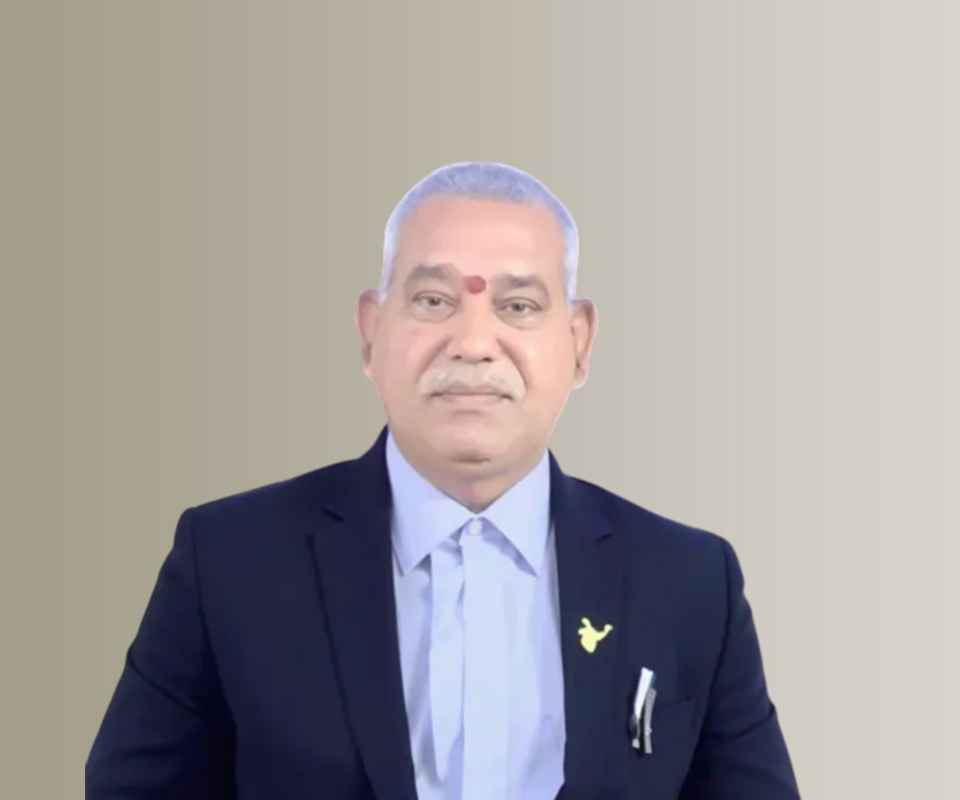Answer By law4u team
Hospitals are expected to maintain high ethical and professional standards to ensure patient safety and quality care. Fraudulent activities in a healthcare setting, such as billing for services not rendered, falsifying medical records, or misusing patient information, can seriously undermine trust. If a hospital is found guilty of such fraudulent acts, regulatory bodies may take significant actions, including revocation of its license.
Steps to Take If Fraud Is Detected:
Investigation by Regulatory Authorities: Regulatory bodies, such as health departments or medical boards, typically begin by investigating any allegations of fraud. This may include auditing financial records, reviewing patient files, and conducting interviews.
Legal Proceedings: If fraud is confirmed, the hospital may face legal action, including civil or criminal charges. This could result in hefty fines, or in severe cases, criminal prosecution against individuals involved.
License Suspension or Revocation: Following legal proceedings and regulatory reviews, a hospital found guilty of fraud can have its operating license suspended or revoked, especially if patient safety or trust has been compromised.
Reparations for Affected Patients: The hospital might also be required to compensate patients who were affected by fraudulent practices, and any damages to their health or finances could be subject to compensation claims.
Reforming Hospital Practices: In some cases, a hospital may be allowed to continue operating under strict scrutiny, but only if it adopts new, transparent practices, and undergoes compliance audits to prevent future fraud.
Legal Actions and Protections:
State Licensing Authorities: Most healthcare institutions are regulated by state or national authorities who can revoke a hospital's operating license. The hospital may be subject to sanctions and administrative penalties.
Fraud Investigations: Insurance companies, the federal government, or state health departments may launch investigations into fraud-related allegations. If a hospital is found guilty of fraudulent billing or negligence, their license could be canceled.
Whistleblower Protection: Individuals who report fraud (whistleblowers) are often protected by law, ensuring they are not retaliated against for disclosing illegal activities. This protection is important for uncovering fraudulent practices.
Example:
If a hospital is discovered to be involved in fraudulent billing practices, such as charging patients for services they never received, the following steps might occur:
Investigation: Health authorities or insurance companies might initiate an audit of the hospital’s billing system and patient records.
Legal Proceedings: If the fraud is proven, the hospital could face criminal charges, substantial fines, and the revocation of its healthcare provider license.
License Cancellation: If the fraudulent activities are severe, such as falsifying medical procedures or jeopardizing patient safety, the hospital's operating license may be permanently revoked, forcing it to shut down.







